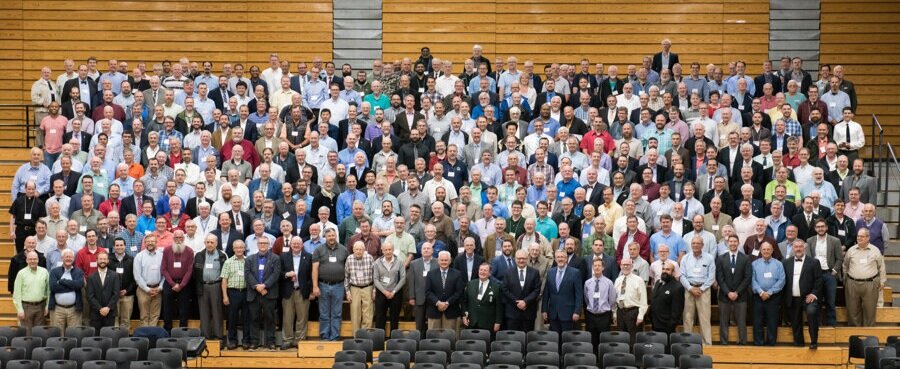Irn Bru fans across Scotland were recently cheered by the announcement from makers Barr that they will be producing a limited edition of the drink based on the 1901 recipe. Scotland’s national soft drink was the biggest casualty of the 2018 sugar tax, when the sugar content in a can was reduced from 38% to a paltry 17%. While other companies like Coca Cola stuck to their guns rather than water down their product, Barr reduced the sugar rather than face a price rise. I still have a stash of the unadulterated product kept for special occasions – now past its best before date, but still infinitely better than the neutered version. My reaction to the new ‘ginger’ is shared by many, with around 4,000 people having signed up to a Facebook event to storm Barr’s headquarters earlier this month in an effort to try and find the full-fat product.
In light of all this, when an advertisement recently appeared for a limited edition of the 1901 recipe with the caption ‘Old and unimproved’, you can imagine the joy across the nation. It will be released on 2nd December and cost £2 for a 750ml glass bottle. The saga is a reminder that sometimes a new thing is not an improvement. There are times when the words ‘old and unimproved’ sound magical. Don’t even get me started on the 2015 change to Crème Eggs, where Cadbury’s Dairy Milk chocolate was replaced by standard cocoa mix!
New doesn’t always mean improved – and I would make the case that the same applies to theology. Should churches change with the times? Well I’m certainly glad that the old stoves and gas heaters in our church building have been replaced by gas central heating. One of the first decisions that was taken when I arrived four years ago was to replace the version of the Bible which was read from in church. The old translation was dearly loved by many who had been brought up on it, but living languages change over time. The apostles themselves wrote the New Testament in Koine (‘common’) Greek rather than the more literary classical Greek of previous centuries.
Those things are just externals, however. What about the actual content of the faith? Our church, like many others around the world, holds to a Confession of Faith (summary of what we believe the Bible teaches), which dates back to 1646. To many, the idea that something from back then could be fit for purpose in 2019 would be laughable. But if neither God or human nature changes, then to replace it with something new wouldn’t necessarily be an improvement. Obviously, any human document is fallible. But if we were to change it, the impetus would need to come from new insights into God’s word, rather than simply crumbling in the face of outside pressure and slavishly following the culture.
Churches tend to change what they believe for pragmatic reasons – for example, to try and keep young people interested. Yet one of the common complaints in mainline churches today is that there are no young people! Could it be that the two things are connected? If young people aren’t hearing anything different in church than they can hear in the media, they will see no reason to go. Jesus said that the church was to be ‘salt’ and ‘light’ in the world – and it can only be those things if it stands out as different. Even if we were to approach the question from a purely pragmatic perspective, surveys show that it is actually theologically conservative churches which are growing and have more young people attending. The Guardian recently quoted the lead researcher of one such survey as saying: ‘If you’re in a mainline church and it’s dying, chances are it’s theological position is what’s killing it’. Almost 80 years ago, C. S. Lewis argued that God has given human beings the love of both change and permanence, but warned against trying to twist the natural pleasantness of change into a demand for absolute novelty.
Certainly there is a need to present the Bible’s teaching in language that everyone can understand, and apply timeless truth to contemporary situations. Churches which do things simply because they’ve always been done that way won’t survive for long. But at the same time we need to be aware that ‘the story of church history is the story of orthodoxy contending with novelty’. In a world where people are searching for certainty, ‘old and unimproved’ isn’t such a bad slogan.
Published in the Stranraer and Wigtownshire Free Press, 28th November 2019











